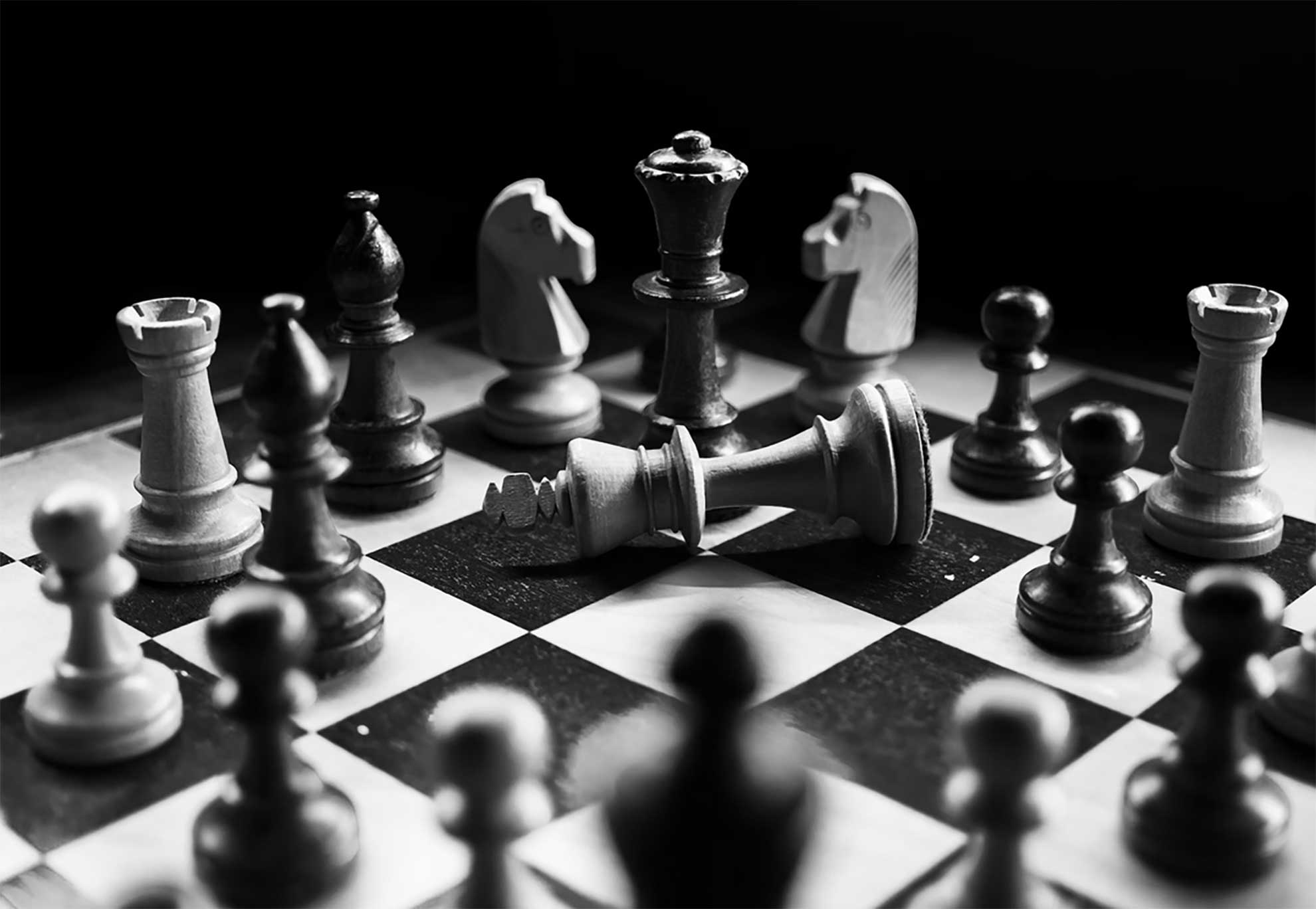Strategy games are the best genre of game you can play. When done correctly, they give you the perfect blend of endless entertainment and deep thinking. You can always spot the best strategy games and the worst ones as they’re light years apart from one another. The best games keep you playing for ages and never get boring while the worst ones are far too easy and you lose interest within hours.
It makes you wonder…what makes a good strategy game? Let’s find out!
After looking at various top-rated strategy games that have been around for years, we can safely say that all of them have the following key factors:
Progressive Difficulty
This may be a term we’ve just made up, but it refers to the difficulty level of strategy games. The best games will have progressive difficulty in the sense that it gets harder to play the games the longer you play them.
For instance, think about all of the tower defense-style strategy games out there. They usually begin relatively easily as you only need to worry about defending your base from a few enemies. Gradually, the difficulty level increases as more enemies come, different types of enemies emerge, and you have to think of new strategies to keep defend yourself. The same theory can be applied to any strategy game – the more you play it, the harder it becomes.
Bad games are ones that feel far too easy. After playing for a few hours you’ve lost all strategic feeling – you know how to beat the game and you’re basically playing on auto-pilot. At the same time, starting out with too much difficulty makes it harder for you to get into the game. That’s why the idea of progressive difficulty works so well – it encourages you to rethink your strategy over and over or the game will win.
Replayability
Of all the game genres, strategy games are set up to be the most replayable. Great titles will be easy to play over and over again. Even if you can complete the game, you should be able to restart it and play immediately. The best strategy games are designed to provide multiple ways of winning or trying things out. You could attempt to complete it in one way, and then try a completely different method on your next playthrough.
Also, think about classic games like freecell solitaire. There’s so much strategy involved in trying to win, but then you shuffle the deck and begin again. The randomness of cards being dealt means the next try will be completely different than the one before. That’s why this specific game has been around for so long and constantly kills many hours of your day – it’s so easy to replay.
Try my AI Tabletop RPG generators...and an extensive library of content!
If you were a game designer, the worst outcome for your strategy game is if people play it once and then leave it. To us, that shows that you’ve not nailed the true nature of the strategy genre – there must be multiple ways to get the desired outcome!

Depth
This sort of blends in with replayability, but it’s also a point on its own. By “depth” we’re referring to how complex and deep the game goes. At the most basic level, great strategy games will have so much depth and allow you to try loads of different things. There should never be one way of doing things – in fact, there should never be two ways either. You need to give players a whole range of choices so they truly have to figure out which approach is the best.
Not only that but the choices and strategies made should impact future decisions. Look at turn-based strategy games as the prime example here. Very basic and boring games will only offer a couple of choices during your turn. You either attack or defend – there isn’t much else to think about. More detailed games with a lot of depth give you so many things to consider. How many enemies does your attack reach? How will specific enemies react to your attack? Are there moving enemies you have to be aware of? Can you add things to your player to supercharge attacks? If you attack one enemy does this leave you open to be hit by another one and possibly die?
⚔️ Fantasy RPG Random Tables Books
Make life as a Gamemaster easier…
If you play Dungeons & Dragons, Pathfinder, or other fantasy RPGs, this
RPG random tables series
is packed with encounters, NPCs, treasure, and more. Available in eBook or print—either way, you’ll have a wealth of adventure ideas at your fingertips.
There are so many questions going through your mind at each turn, which is precisely what you want from a strategy game. You need something that’s constantly making you think on your feet and plan your next few moves in advance. You won’t get this if the game doesn’t have enough depth to it. Of course, tying this back in with replayability, depth is one of the key factors in making a game replayable.
Timelessness
Finally, the best strategy games of all time are timeless. You can have a game that’s very replayable, but after a few years, it may go out of fashion. Great games can be picked up and played even if you haven’t touched them in years. To see an example of this, you only have to look at strategy board games like Risk or Chess. Both have been around for decades and continue to be popular to this day.
Why? Because the games aren’t based on trends or anything like that – they’re purely focused on strategy. That’s the key here; strategy games should shy away from trying to be trendy or made around certain popular themes. The best titles are the ones that you can jump back into after not playing for ages and instantly fall in love.
When you think about it, making a good strategy game seems fairly easy. Obviously, this is all theoretical! There’s still a lot happening behind the scenes to make games like these so brilliant. If you’re keen to find new strategy games to pass the time, we do advise looking for the features above. See if the games are progressively challenging so they keep you hooked for longer. Ensure there’s a high level of replayability so you can keep restarting them even after you’ve one. Make sure there’s good depth to make your decisions even harder – and always choose games that can be played for years!










